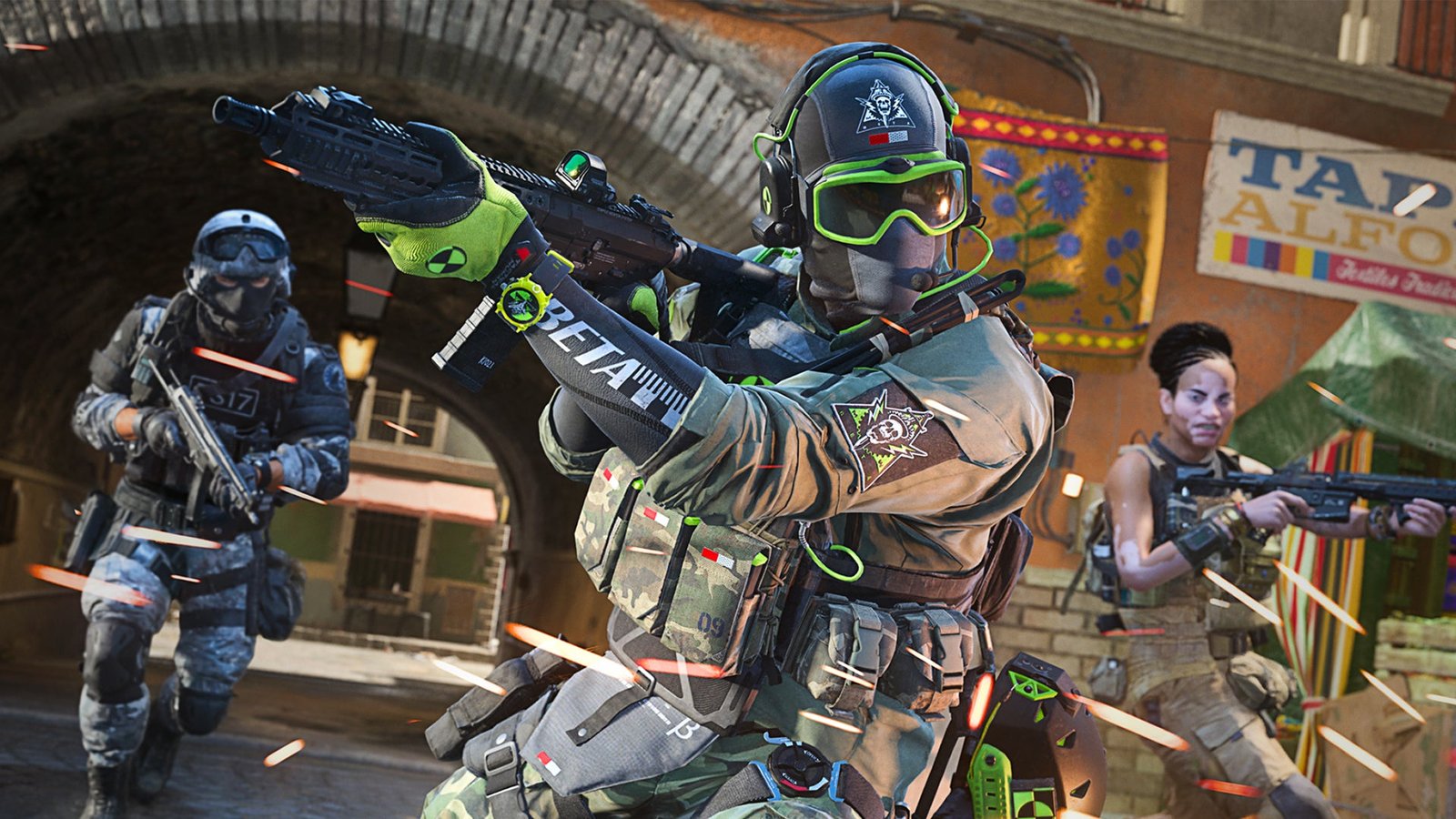There is no “risk to competition in the console market as a whole,” according to it.
The Microsoft and Activision Blizzard merger has been approved without conditions by Brazil’s competition watchdog, the Administrative Council for Economic Defense (CADE), which cited PlayStation’s already dominant position in the video game market and Nintendo’s ability to compete without relying on franchises like Call of Duty.
CADE discussed PlayStation’s portfolio of exclusives in a lengthy public file, stating that “investment in exclusive material is, and always has been, particularly crucial for the competitive dynamics in the console category. Exclusive content was perhaps one of the key elements that helped the PlayStation establish and maintain its dominance over the global console market for more than 20 years.
Microsoft doesn’t appear to sell as many systems as PlayStation and Nintendo, but CADE also notes that Nintendo uses an analogous technique with exclusive content. Of course, Call of Duty’s multiplatform nature is one of the greatest issues with Microsoft’s acquisition.
As was already evident, Nintendo currently does not rely on any Activision Blizzard content to compete in the market, according to CADE. “Sony, on the other hand, has several qualities that should help maintain the competitiveness of PlayStation in a potential post-Operation scenario, even in the face of potential loss of access to Activis, including strength of the world’s leading brand for more than 20 years, extensive experience in the sector, largest user base, largest install base of consoles, robust catalogue of exclusive games, partnerships with multiple publishers, third-party, brand loyal consumers, etc.
According to the watchdog, it’s feasible that many PlayStation gamers would switch to Xbox or PC in order to continue playing Call of Duty if it were to become exclusive to the Microsoft environment.
This tactic would cause Call of Duty to temporarily lose gamers and money, as well as inevitably cause many players to pick cross-platform shooters like Rainbow Six and Battlefield. Even EA CEO Andrew Wilson acknowledged a few weeks ago that the Battlefield series would benefit from Call of Duty becoming a Microsoft exclusive.
But over time, this strategy would increase the number of Xbox console sales and Gaming Pass users, as well as offer Microsoft a significant competitive advantage in the video game industry.
In the end, CADE came to the conclusion that its goal is to defend Brazilian consumers, not PlayStation’s interests. In this regard, CADE states, “While it is acknowledged that some PlayStation users may choose to switch to Xbox in the event that Activision Blizzard games, particularly Call of Duty, become exclusive to the Microsoft ecosystem, SG/Cade does not believe that such a possibility represents, in and of itself, a risk to competition in the console market as a whole.”
Microsoft has already cleared one obstacle, but the acquisition still needs to pass muster with the UK government, many senators from the United States, the city of New York, and the U.S. Justice Department. Activision Blizzard’s owners approved the acquisition in April, but there is still a lot of discussion about its advantages and potential drawbacks.








